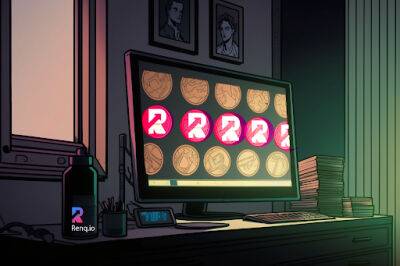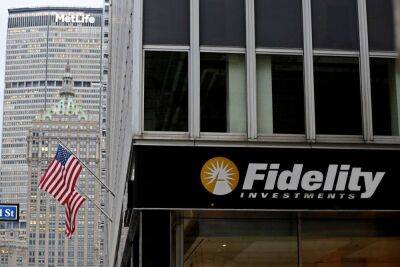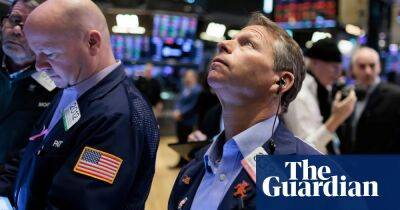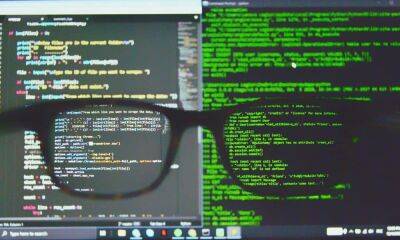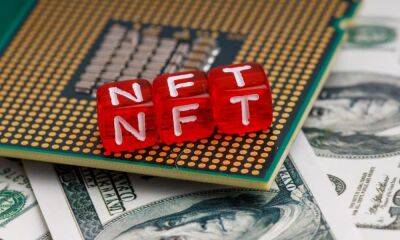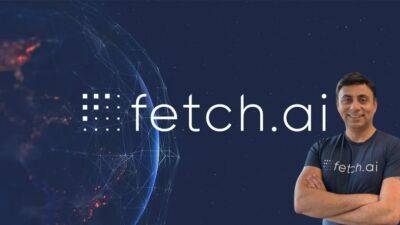The potential for India to drive economic growth through VDAs
VDA industry. In this context, a few recent initiatives have sparked important discussions and created waves of positivity within the VDA community. On various occasions, finance minister Nirmala Sitharaman expressed her intention to arrive at a global standard operating procedure for regulating crypto assets at her upcoming G20 meeting.
She has also held discussions with International Monetary Fund (IMF) managing director Kristalina Georgieva, urging the IMF to develop a globally coordinated approach to the regulation of crypto assets. Economic Affairs Secretary Ajay Seth has also stated that the government is working closely with the Financial Stability Board to develop a policy and regulatory framework for crypto assets. While the developments could be perceived as progress, the most significant element is the Finance Minister's recognition of crypto as a global asset class which has sent positive signals throughout the community.
It is imperative to grasp the distinction that crypto, despite popular belief, is not a form of currency but instead a class of assets. The conflation of these two concepts has resulted in widespread misinterpretation and misconstruction of the nature of crypto-assets. Crypto markets have matured over the years, with increasing adoption by retail and institutional investors.
The retail trading of crypto tokens is just the beginning, as the next phase of adoption by institutional investors is happening today. These investors are now providing access to crypto markets through managed funds, which will ultimately lead to reduced volatility. The rise of decentralized financial platforms, also known as DeFi, is an innovative aspect of this evolution.
Read more on economictimes.indiatimes.com





